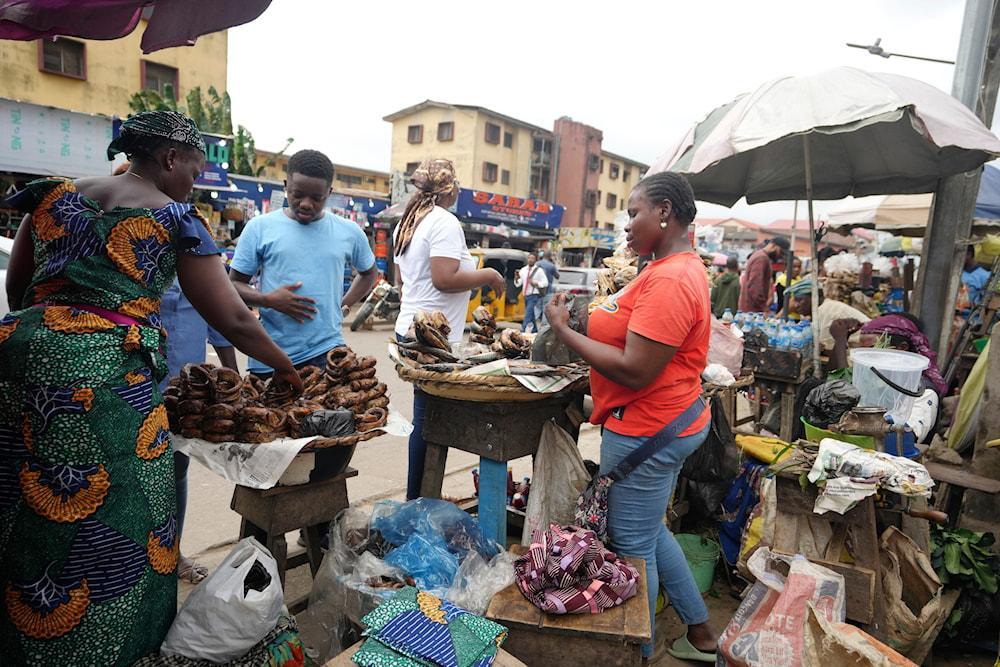
Nigerian state forces fired tear gas on Thursday to disperse several hundred protesters rallying against the soaring cost of living in the northern city of Kano and in the capital city, Abuja.
In Kano, the country’s second-largest city, demonstrators attempted to light bonfires outside the state governor’s office. The state intervened with tear gas, forcing most protesters to retreat.
Similar scenes unfolded in Abuja, where security forces also used tear gas to break up crowds in Mararaba on the city’s outskirts and in the central area.
The state had issued warnings about potential violence, drawing parallels to recent demonstrations in Kenya that compelled the government there to revoke new taxes.
Africa’s most populous nation is grappling with surging inflation and a sharply devalued currency (naira). These economic challenges have been exacerbated by reforms aimed at an economic revival introduced a year ago by President Bola Ahmed Tinubu. However, these measures have led to a 40% increase in food prices and a tripling of fuel costs, straining the financial stability of many Nigerians.
Nigeria heavily dependent on imports
The challenge is that the country is also heavily dependent on imports to meet the daily needs of its citizens, so external shocks like the parallel foreign exchange market which determines the price of goods and services affect the country easily.
Nigeria also relies on crude oil exports, which was witnessed when crude prices plummeted in 2014, and the country resorted to foreign reserves to stabilize the naira, subsidized fuel via scarce external reserves, and restricted dollar access in the official market for importers of certain items, which led to a rise in food prices.
Despite government pleas for patience to allow the reforms to take effect, many Nigerians are determined to take to the streets in major cities from Lagos to the capital, Abuja.
Government officials have been urging young activists to avoid rallies and allow time for the economic measures to bear fruit—though the extent of support for the protests remains uncertain, as many citizens are preoccupied with day-to-day survival.
In an effort to mitigate economic hardships, the Nigerian government has announced several relief measures, including raising minimum wage levels, distributing grains to various states, and providing aid to the most vulnerable. ”
A report issued by Nigeria’s government and the International Renewable Energy Agency (IRENA) stated last year that by 2050, energy needs will be met in Nigeria as renewable energy sources account for nearly 60% of final energy consumption if the African nation enforces an “increased renewable uptake scenario.”
With that, fuel supply on the continent could face major transformations this year, as West Africa is already the hub of the largest refining capacity on the sub-continent, but only 23% of it is functioning.
Nigeria’s current wave of protests coincides with political unrest in Kenya, where President William Ruto recently had to retract new taxes and appoint a new cabinet following weeks of anti-government demonstrations.
Similarly, in Uganda, authorities arrested dozens of individuals participating in anti-corruption protests inspired by Kenya’s rallies.